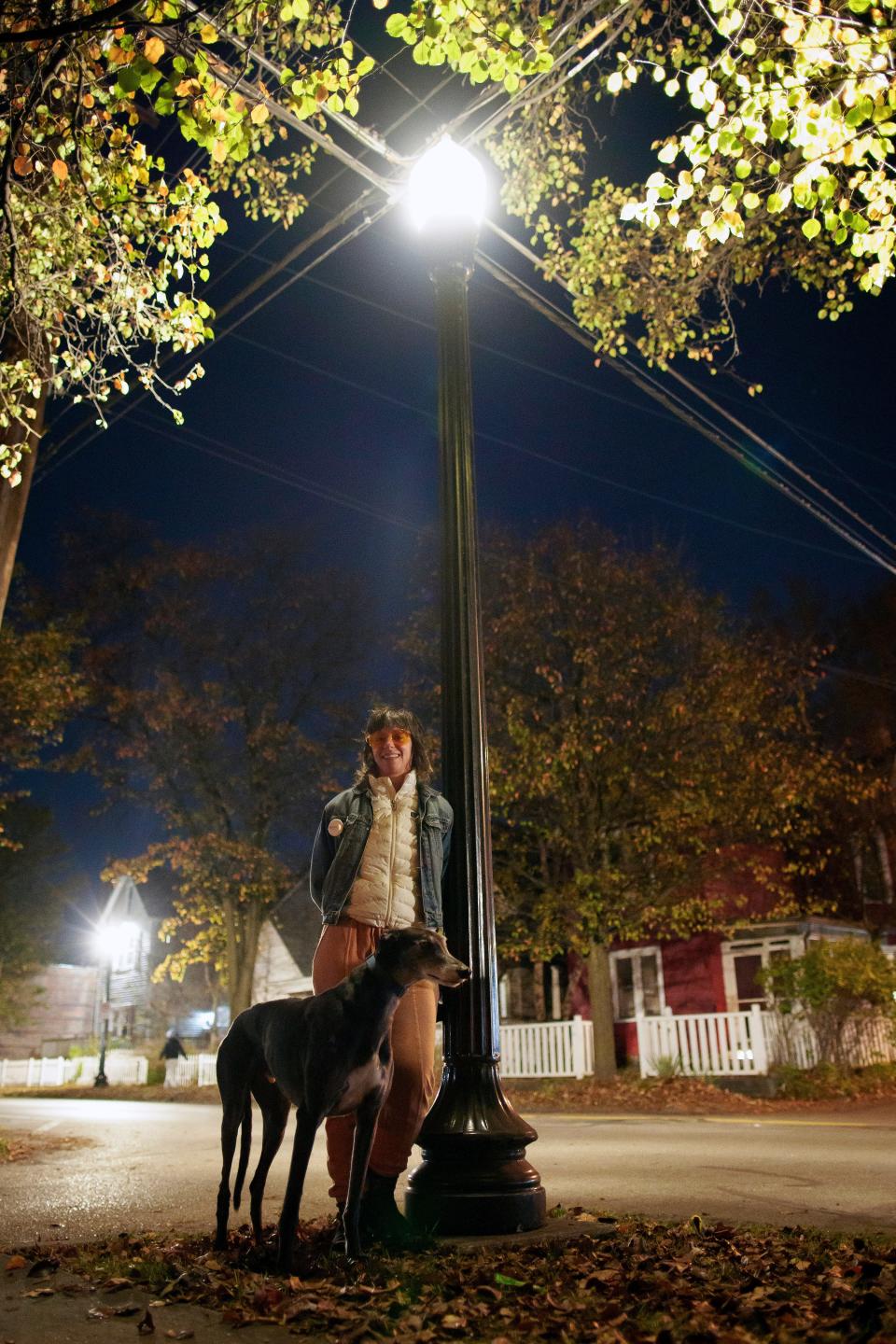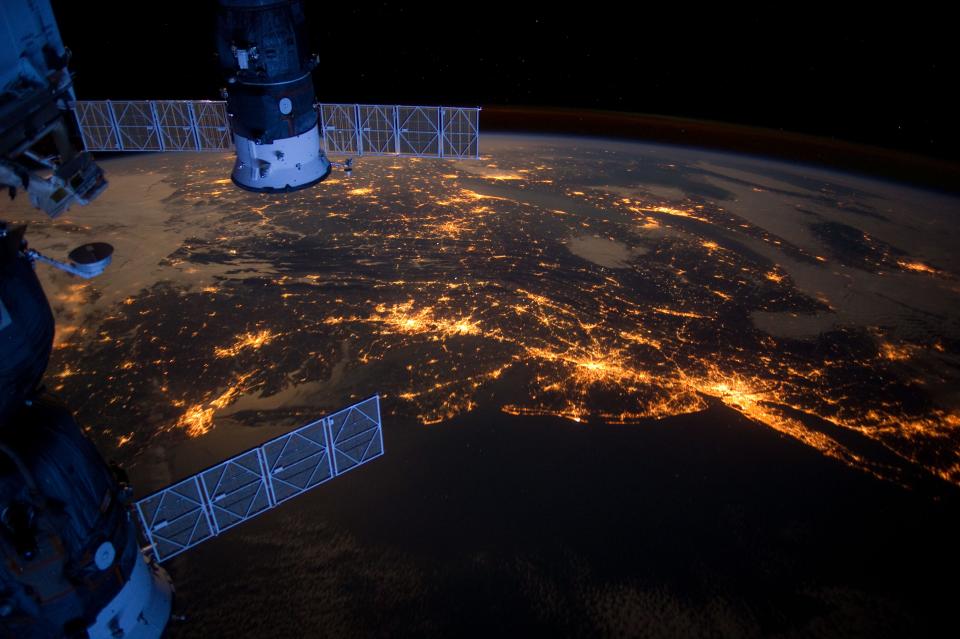MiSustainable Holland: Light pollution can leave us blinded by the lights
HOLLAND — The dim glow above our heads at night that steals the stars is known as light pollution. Light pollution is caused by excess use of artificial light at night. From not being able to enjoy the galaxy above to a decrease in bird populations, light pollution impacts us.
There are four types of light pollution — glare, skyglow, light trespass and clutter. Glare is excessive brightness that can cause visual discomfort, skyglow is the brightening of the night sky, light trespass is light falling where it's not intended and clutter is the bright, confusing and excessive grouping of light sources.

Some 99 percent of Americans live under skyglow, while only 1 percent truly experience the night sky.
Migratory animals rely on the glow of the moon and the stars to navigate, and light pollution disrupts their navigation. Furthermore, the American Bird Conservatory estimates that more than 4 million migratory birds die each year in the United States by crashing into brightly lit buildings.
Humans are also negatively impacted by light pollution. We rely on our circadian rhythms to be able to operate. Disrupted circadian rhythms can have a large negative impact on our health.
Light pollution specifically lowers melatonin production. Melatonin is used in the body to induce sleep, boost the immune system, lower cholesterol and help the thyroid, pancreas, ovaries, testes and adrenal glands function. Lower melatonin levels can lead to significant negative health impacts.

Light pollution is also a waste of energy and money. The largest cause of both light pollution and energy inefficiency is lights that aren’t shielded. Unshielded lights lead to skyglow and wasted light.
Buildings that are empty at night also contribute to this problem. Many buildings have lights on throughout the night, wasting both energy and money.
Some argue that artificial light at night keeps us safe. Evidence does not support that outdoor lighting deters crime, however. Some studies actually show that outdoor lighting encourages crime, because victims and property are easier to see. Victims also tend to feel safer in areas with outdoor lighting, which leads to victims letting their guard down.
Subscribe: Receive unlimited access to your local news coverage
Thankfully, light pollution is reversible and easy to solve.
Turning off lights when not in use is a simple first step to solving this problem. Keeping blinds drawn to keep light inside is another simple way to help stop light pollution. Making the switch to downward facing shields on outdoor lighting can also help combat the problem.
Additionally, if safety is a concern and lights are necessary, consider installing motion detector lights or those with timers.
Save yourself money and energy and start combating light pollution. Don’t be blinded by the lights — turn them off.
— Jordan Miller is a watershed intern at the ODC Network.
About This Series:MiSustainable Holland is a collection of community voices sharing updates about local sustainability initiatives.This Week’s Sustainability Framework Theme: Smart Energy: We need to use both conservation and efficiency measures to manage our resources to provide access to reliable and cost-effective energy.
This article originally appeared on The Holland Sentinel: MiSustainable Holland: Light pollution can leave us blinded by the lights

